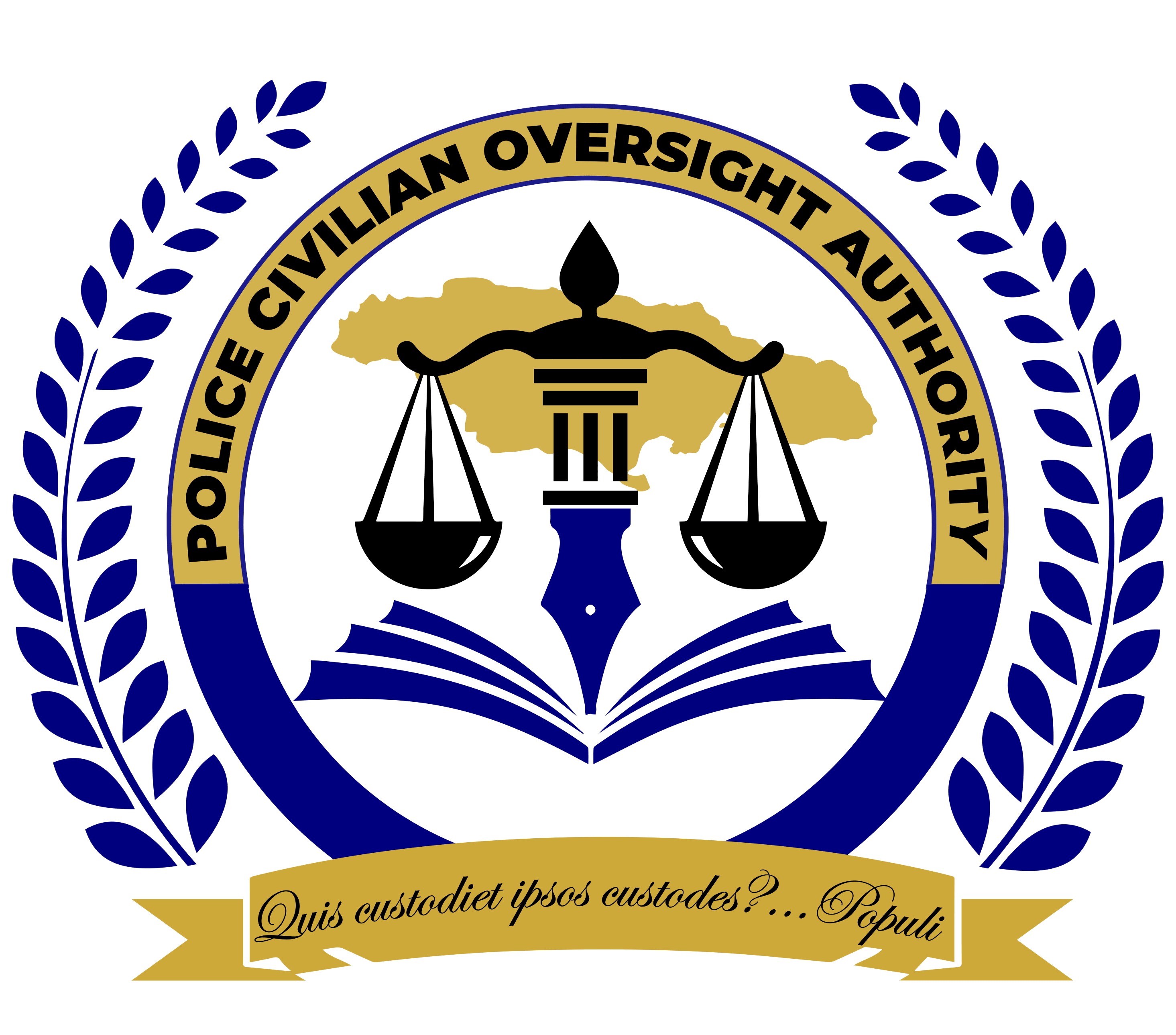One of the foremost lessons learned from the recently staged Oliver F. Clarke Memorial Lecture on Civilian Oversight of Law Enforcement is to develop transparent relationships between law enforcement and the population, particularly those resident in lower socio-economic communities, according to Trinidad’s Police Complaints Authority director, David West.
West, who was in the island to attend the inaugural lecture hosted by the Police Civilian Oversight Authority (PCOA) recently at The Jamaica Pegasus hotel in honour of its founding member, Clarke, said that this was among many take-aways from lecture, which he found to be an instructive learning curve.
The PCA director was speaking of presentations from the memorial lecture’s featured pair of American guest speakers – Chief of the Seattle Police Department, Dr Shon Barnes, and attorney-at-law and Aurora University Assistant Professor of Criminal Justice Marcia Thompson, who spoke on the theme, ‘Partnerships for Progress: Improving Policing through effective oversight for a safer Jamaica’.
West explained that he “wanted to see how we in Trinidad can improve our civilian oversight, and I learnt a lot from them, and will take those practices home to Trinidad”.
Further singling out Thompson’s presentation, he said, “The main takeaway [I received] is how the police go into hotspot areas and interact with the citizens … In Trinidad, we get many complaints when the police go in [these areas] and harass the citizens, arrest them and don’t eventually charge them, [but] let them spend time in prison.”
He added that the absence of due process was a problematic, repetitive instance in Trinidadian hotspots.
“The citizens are fed up and tired of that behaviour. They don’t trust the police, so I want to work together and let the police understand that they have to do things in a different way. They have to change the modus operandi of policing in those areas because they are also people and they deserve respect also,” West continued.
What currently obtains in a lot of instances, West expounded, is when Trinidadian police officers go to search hotspot properties. “They get the warrants from the justices of the peace, and then go to the homes, but they don’t show the warrants.”
“They show them and say that you can’t read it, and the people want a chance to make sure. Sometimes the names of the people are not correct, the address is the wrong address. We have a lot of anomalies, and the citizens call that into question. The police don’t seem to care about their feelings which they should, and make sure they have the right evidence and right information first before they go for the warrant,” explained West, an attorney-at-law who is the point-man on the twin-island republic’s police civilian oversight body.
Body-worn cameras
The use of body-worn cameras by police officers – raised by Police Chief Barnes during his presentation – also resonated with West.
“I had a meeting with the presenters, Chief Barnes and Mrs Thompson, before on body-worn cameras. In the United States, the body-worn cameras are mandatory and they use them. In Trinidad, although it is a departmental order, the police officers do not use their body-worn cameras as often as they should, which is a breach of the departmental order, which of course, is a disciplinary action which we are trying to improve on that.”
This comes against a recent uptick in police involved shootings in Trinidad.
The original article can be found here.

